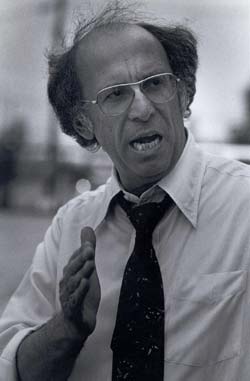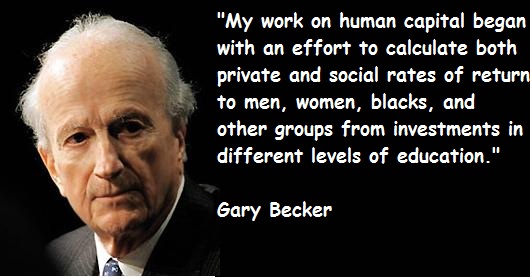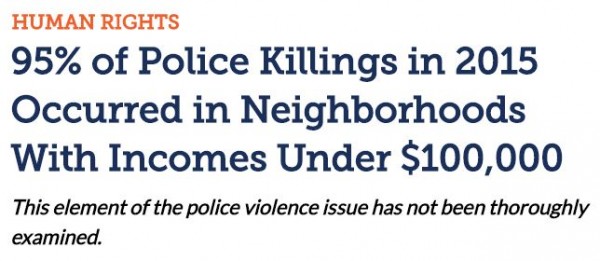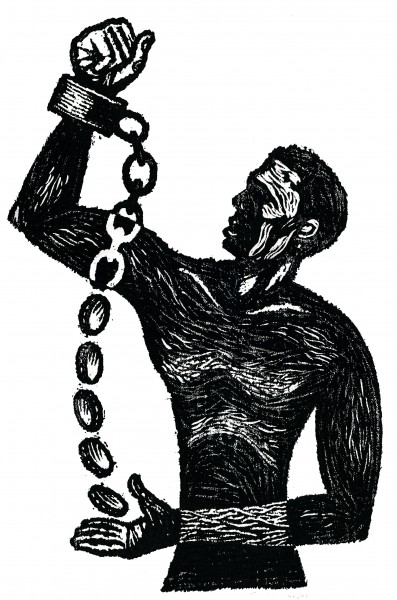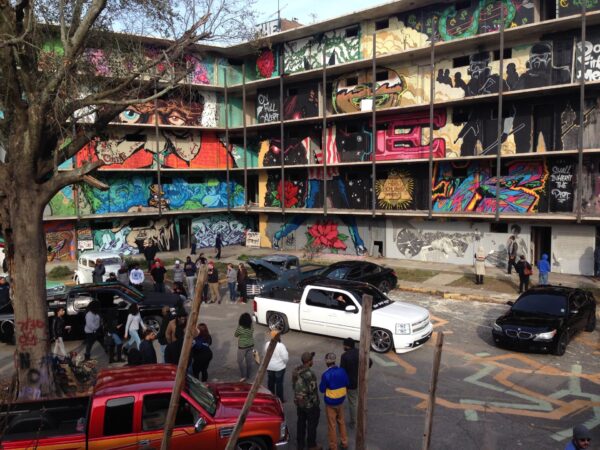Even a cursory read of the Moynihan Report makes clear that Moynihan is not guilty of crass victim blaming. Indeed, as William Julius Wilson eloquently stated, Moynihan’s “presentation certainly lacked elegance, but it was an attempt to synthesize structural and cultural analyses to understand the dynamics of poor black families and the plight of low-skilled black males.” But while Wilson proffered that statement as a defense of Moynihan, his formulation functions equally well as a critique of the Moynihan Report. Specifically, Moynihan’s efforts to synthesize a cultural and structural analysis of poverty revealed a conception of structure rooted not in political economy but in ethnic pluralism. Simply put, what Moynihan meant by structural sources of inequality was racism (which established barriers to black social and economic progress) and the damage it inflicted on the institutions that regulated cultural norms among African Americans. To be sure, Moynihan’s conception of “structural inequality” offers some insulation against the facile charge of “victim blaming”; nevertheless, Wilson’s formulation ultimately highlights a more significant problem with the Moynihan Report. Moynihan was not particularly concerned about the impact of structural changes in the nation’s economy on black unemployment and poverty. As I will discuss below, the Moynihan Report’s indifference to the consequences of automation and mechanization on black life was consistent with the perspectives of Democratic policymakers who opposed a more robust War on Poverty. Indeed, the Moynihan Report’s emphasis on racism and black culture complemented the conservative antipoverty agenda of the Council of Economic Advisers (CEA), which—believing African American poverty to be exceptional—identified tax cuts, anti-discrimination legislation, and targeted programs, rather than redistributive policies, as the appropriate remedy for black poverty.
